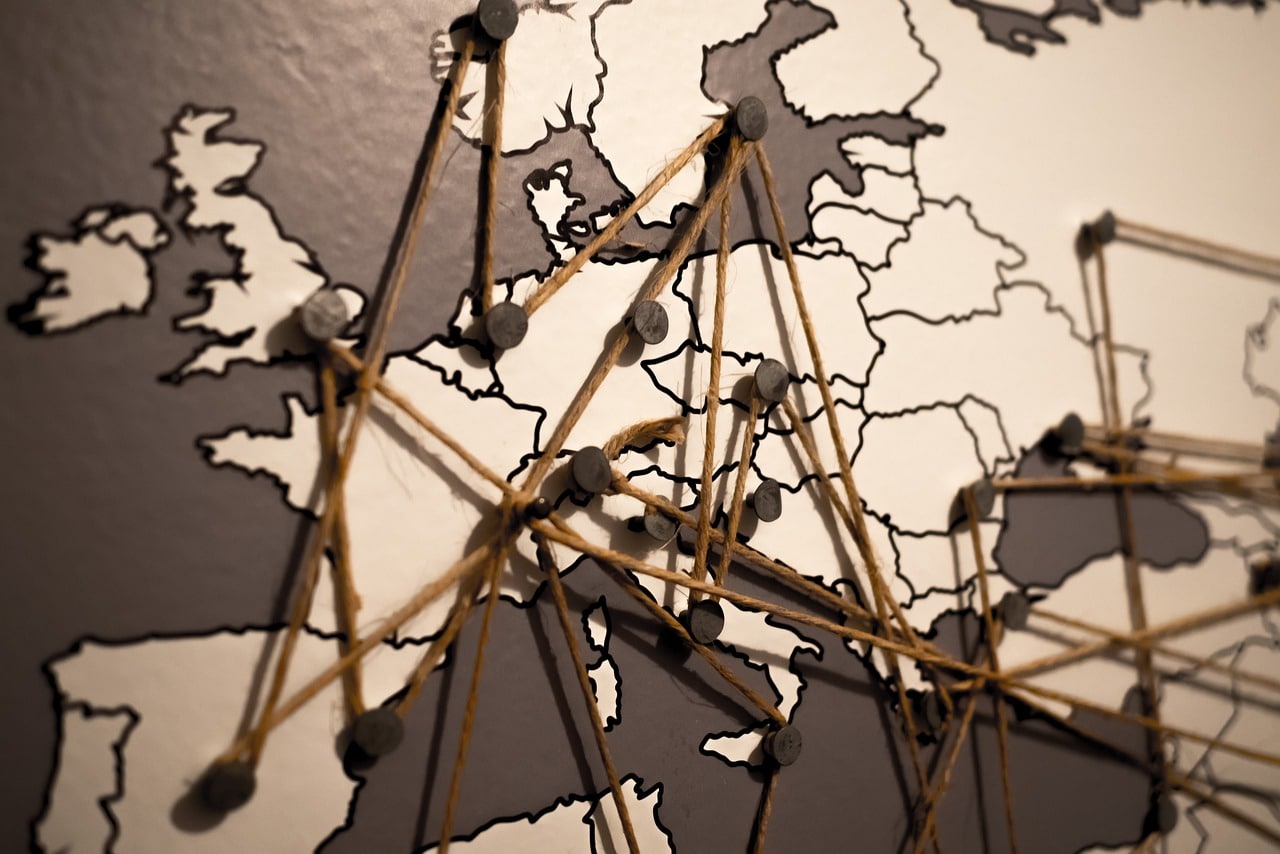
In its origins, imperialism was associated with territorial expansionism.
Imperialism is the doctrine , conduct , tendency or system of those regimes that wish to expand their dominion towards another or other territories through force (whether military, political or economic).
An imperialist State , therefore, wishes to impose itself on other countries and exercise its control . These are nations that have great strength and do not hesitate to use it, either directly or indirectly, on the weakest.
The etymological origin of imperialism is found in Latin and is the result of the union of three clearly differentiated elements: the prefix in which can be translated as "inward" ; the verb parare which means "to order" ; and finally the suffix –ism which is equivalent to “doctrine” .
The modern concept of imperialism
The modern concept of imperialism emerged in the 19th century to name the process of economic growth carried out by European powers. These countries began to conquer lands and create colonies on various continents with the intention of accessing raw materials and finding new markets for their products.
As we said, the search by the different powers for raw materials to continue their growth in the midst of the Industrial Revolution was, according to historians, the main reason that gave rise to the phenomenon of imperialism. Among the countries that exercised it the most, Great Britain stands out, which was at the forefront and managed to both have colonies and annex territories in places like Asia or Africa .
At the end of the 19th century , the notion began to be used to refer to the economic dominance exercised by the powerful over the poorest countries. This imperialism, in general, does not require the use of military force, but is realized through political and economic pressures that generate hegemony in favor of the power. For example: a power undertakes to lend money to a peripheral country as long as it dictates laws favorable to its companies.

Imperialism can develop through military intervention.
colonialism
Colonialism develops when a country achieves the domination and exploitation of a foreign territory, which becomes its colony . With colonization , the invader achieves the appropriation and exploitation of the resources of the conquered and subdues its population in different ways.
Starting in 1870 , with the Second Industrial Revolution , the economic and social transformation of Europe led the powers to conquer regions beyond the limits of the continent. This process is associated with the development of capitalism itself.
The domination by force of colonial territories is linked to the traditional idea of imperialism. When it comes to a situation of cultural and economic imperialism that uses a local elite to exercise control that is not direct, the notion of neocolonialism is invoked.
With neocolonialism , there is no territorial annexation . Through the media, propaganda, economic actions and other mechanisms and resources, power limits or nullifies the autonomy of the other country, where poverty usually increases.
It is interesting, given the different types of imperialism, to distinguish between hard power and soft power . These concepts are used in the field of international relations and foreign policy to refer to the way in which one political actor affects the actions of another. Hard power works by coercion , whether military or economic; Soft power, on the other hand, uses culture and diplomacy .

With globalization, international trade can become a tool of imperialism.
Justification of imperialism
Imperialism tries to justify itself for various reasons: from demographic (the intention to increase the surface area of the nation) to economic (to satisfy one's own needs), including reasons specific to science (such as the desire to research in other territories).
And all of them without forgetting that there are other causes of great importance such as technical-political and strategic ones. That is to say, imperialism also developed and spread because the rulers need new territories to forget the loss of others, to have strategic points on their trade routes and also to possess enclaves that would serve them to develop an important defense from a point of military view.
American imperialism under George W. Bush , for example, tried to justify itself with political reasons (improving security) and religious reasons (confronting the Axis of Evil ) that led to the Iraq War and other war campaigns.
Among the most important consequences of the phenomenon at hand, we must highlight the loss of traditional cultural values of the dominated, a process of proletarianization in the society of the conquered territories and the destruction of natural ecosystems.
The effects of globalization
The effects of globalization are notorious in 21st century imperialism. Territorial invasions are no longer so frequent, although domination continues to be exercised through economic and cultural means.
Globalization establishes greater interdependence between countries. Faced with the economic inequality that exists, these relationships benefit the powerful, who can impose their interests and dominate without generally using direct violence.
At this stage in the history of imperialism, one often speaks of late capitalism , where capital accumulation is centralized and production is internationalized. Colonization now is above all economic, political and cultural.
For analysts with leftist ideology, neoliberalism is a doctrine of political economy that favors imperialism. Through the promotion of the free market and the functioning of organizations such as the IMF and the World Bank , the poorest countries end up being subjected, which show an increase in their economic dependence and lose decision-making power at the political level. The IMF , in fact, may end up defining the nation's economic policy as it imposes its conditions for granting credit or negotiating a debt.
Of course, this subjugation and balance of power are not accepted by all sectors. There are anti-colonial movements and independence movements that call for rebelling against imperialism and forcing a change in conditions.
